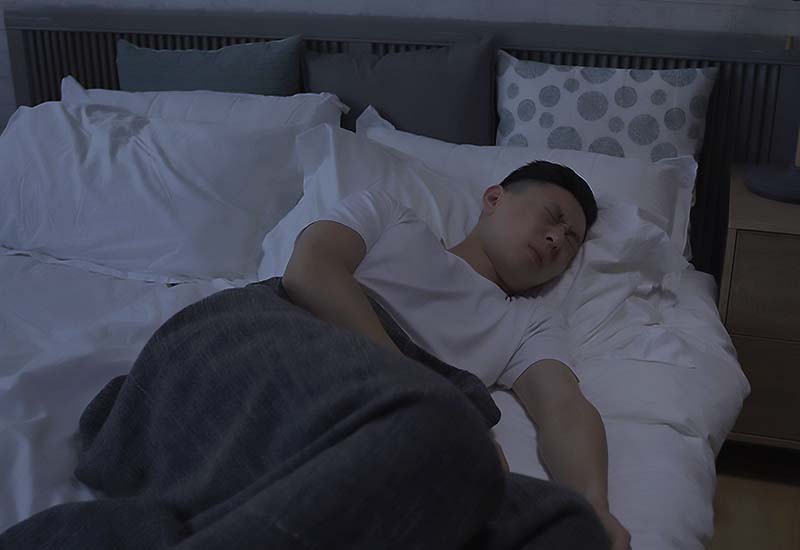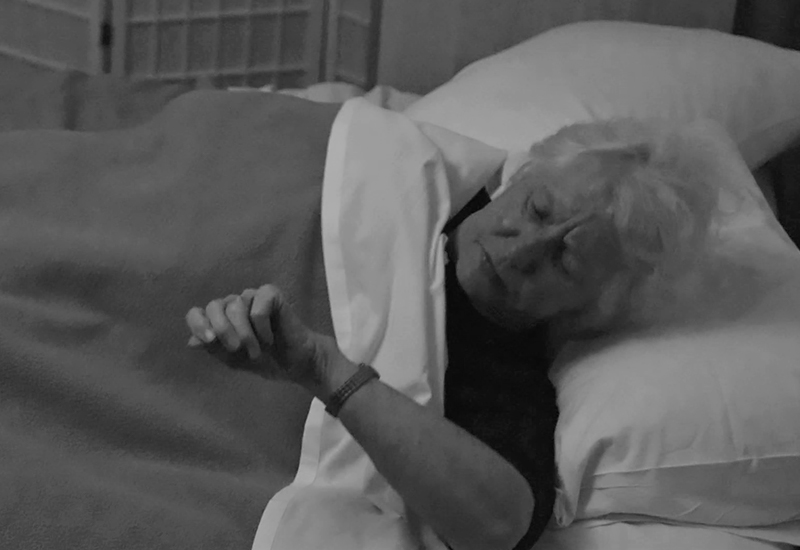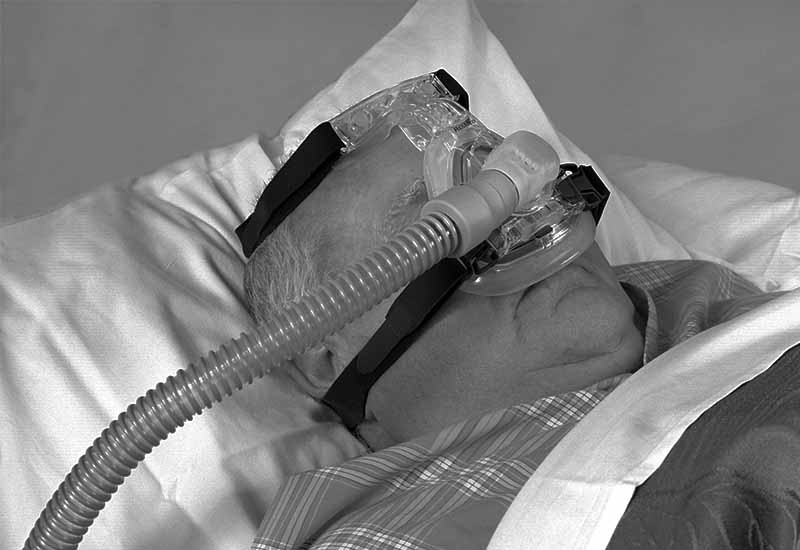Circadian Rhythm Sleep Disorders

SLEEP-WAKE CYCLES AND SHIFT WORK
Sleep-wake cycle refers to our 24 hour daily sleep pattern which consists of approximately 16 hours of daytime wakefulness and 8 hours of night-time sleep. The complex process of the sleep-wake cycle is controlled by the body’s circadian rhythm and sleep homeostasis (the amount of accumulated sleep need that builds during time spent awake).
Circadian rhythms are regulated by the body’s internal master clock which is located in the brain. This master clock controls many biological functions over a 24 hour period, such as the release of hormones, body temperature changes, and sleep-wake cycles. These biological cycles are synchronised to the daily light-dark cycle of the external environment. This in turn affects our sleep and wake times. The body’s circadian rhythms can be disrupted when people experience shift work, jet lag and circadian rhythm sleep disorders such as delayed sleep phase disorder (DSPD).
In industrialised societies, many people undertake shift work which significantly alters sleep-wake patterns leading to increased sleepiness, impaired attention, impaired performance and alterations in mood. Disruption to sleep-wake patterns has been shown to increase the likelihood of fatigue-related workplace and driving accidents. In addition, evidence suggests that people with significant prolonged sleep-wake disturbances have a higher risk of serious health disorders such as diabetes, obesity and depression. Whilst researchers are beginning to understand the underlying mechanisms of these problems, strategies to prevent or minimise the effect of sleep-wake cycle misalignment are lacking and new treatments need to be developed.
Please click here for further information about shift work and sleepiness.
WHAT RESEARCH ARE WE DOING IN THIS FIELD?
We have a number of clinical trials in the field of sleep-wake cycles and shift work currently underway at the Woolcock Institute. One important trial is the Melatonin for Delayed Sleep Phase Disorder Study. DSPD is characterised by difficulty getting to sleep until late at night (usually past midnight). Once asleep, there is typically no problem maintaining sleep. Consequently, individuals with DSPD have difficulty waking at usual societal wake times. DSPD significantly increases the risk of depression and poor school / work performance. We aim to assess the effectiveness of melatonin to treat DSPD by realigning the sleep-wake cycle to usual societal sleep and wake times.
Evidence suggests that shift workers are at increased risk of developing cardiovascular disease and that alterations in glucose and lipid metabolism after eating are likely to be linked. The Shift work and Cardiovascular Risk study aims to determine the mechanisms of glucose and lipid metabolism in shift workers and develop interventions to decrease the risk.
Other work evaluates whether exposure to different light conditions can improve safety, and enhance alertness and performance in night shift workers.
WE CAN HELP YOU
Get your sleep treated by the best at the Woolcock Clinic, a world-leading medical centre specialising in the diagnosis and treatment of all sleep and breathing disorders. Our dedicated clinicians are at the forefront of international sleep and respiratory research, ensuring our patients get access to the very latest approaches in care.
Our inter-disciplinary approach allows patients to be treated under one roof at our state-of the art facility in Glebe, Sydney.
Book an appointment
For bookings with a Respiratory and Sleep physician, please call us on 02 9805 3000 or complete the form below.
Please ensure you have a referral from your doctor. To download a referral form, click here.
Please note that the Woolcock Clinic is a fee-charging clinic and fees are charged at the doctor’s discretion.

















